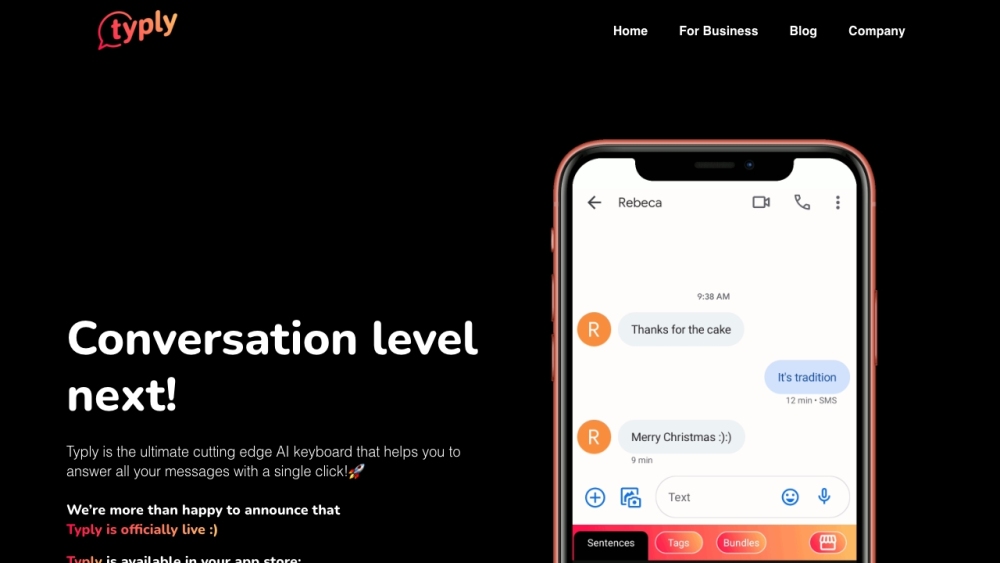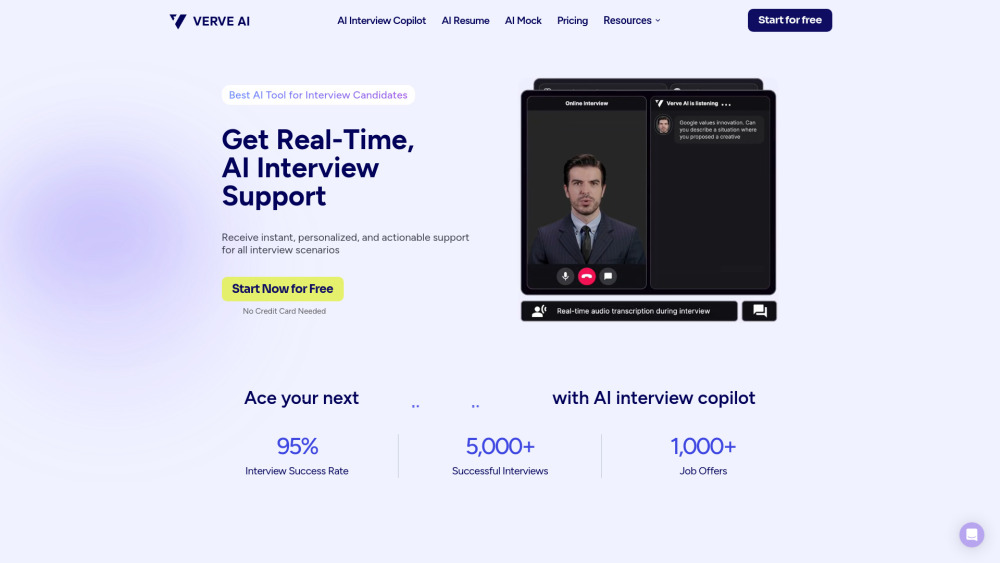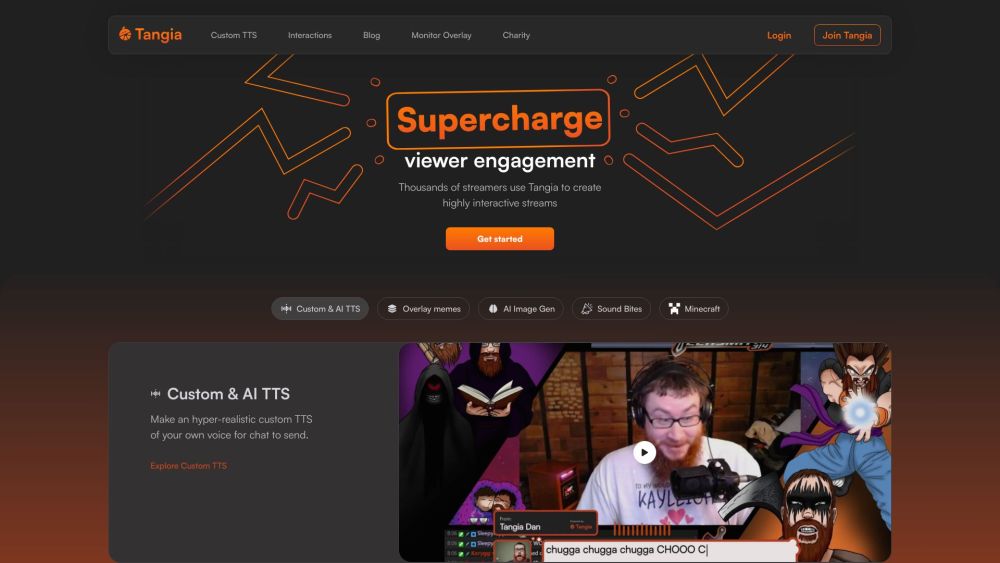Music industry giants Universal Music Group (UMG), Sony Music Entertainment, and Warner Music Group have united to file a lawsuit against AI music generation companies Suno and Udio, alleging copyright infringement. This lawsuit is part of a growing trend of legal actions targeting emerging technology in the music space.
Both Suno and Udio allow users to input text prompts that generate audio clips. The lawsuits, filed in New York and Boston in collaboration with the Recording Industry Association of America (RIAA), accuse the companies of unlawfully replicating songs and recordings, subsequently distributing versions that bear striking similarities to the originals.
In a statement to Wired magazine, Suno CEO Mikey Shulman asserted:
“Our technology is transformative; it is designed to generate completely new outputs, not to memorize and regurgitate pre-existing content. That is why we don’t allow user prompts that reference specific artists. We would have welcomed a discussion with the record labels that filed this lawsuit, but they have chosen to follow a confrontational approach instead.”
Suno and Udio have been contacted for further comments on the allegations and updates will be provided as they become available.
Music Label Allegations Against AI Audio Generators
UMG, Sony, and Atlantic Records (part of Warner Music Group) allege in their complaint that Suno trained its AI models using copyrighted music, enabling the generation of music that closely resembles existing tracks. They highlight that Suno produced “29 different outputs that emulate the style of ‘Johnny B. Goode,’” a song owned by UMG.
Transcribing the generated tracks into sheet music reportedly reveals striking resemblances to the original compositions. The labels further assert that Suno has replicated the distinct characteristics of certain artists, including Jason Derulo, who is known for his signature opening vocals. The lawsuit claims that Suno's ability to reproduce this style indicates a reliance on copyrighted music for its model training.
Similar accusations are directed at Udio, which is alleged to have made it easy for users to distribute samples that resemble copyrighted recordings on commercial platforms such as Spotify. Udio gained attention when producer Metro Boomin released an AI-generated beat titled "BBL Drizzy," free of charge, amid a feud with artist Drake (Aubrey Graham). The track included vocals and melodies created using Udio, although Metro Boomin claimed he was unaware that it was AI-generated.
The Rise of AI-Generated Music Platforms
The popularity of platforms like Suno and Udio has surged, coinciding with a wave of experimentation in AI music generation. Noteworthy competitors include Google’s MusicFX, which composes music from text prompts, Meta’s Audiobox AI for ambient sound replication, and ElevenLabs, which recently showcased a music-making platform.
As interest in AI music generation grows, companies like Suno have seen significant investment, raising $125 million in May. This rise has prompted lawmakers to propose legislation aimed at protecting artists' likenesses from unauthorized replication.
The current lawsuits against Suno and Udio continue a trend where music labels are taking legal action against AI companies. For instance, UMG previously sued Anthropic for allegedly copying and distributing lyrics from popular songs via its Claude chatbot. Anthropic countered this claim by stating that lyrics represent a "minuscule fraction" of AI training data and insisted that any distribution does not have a substantial impact on the labels.






